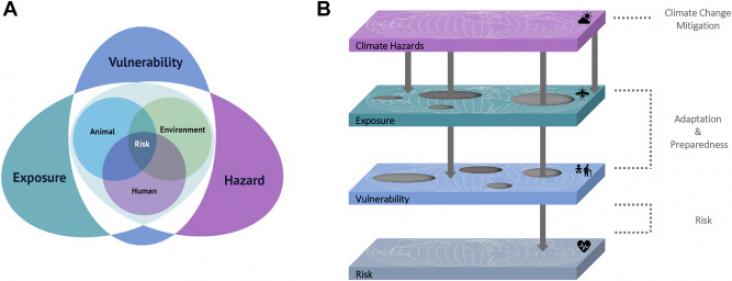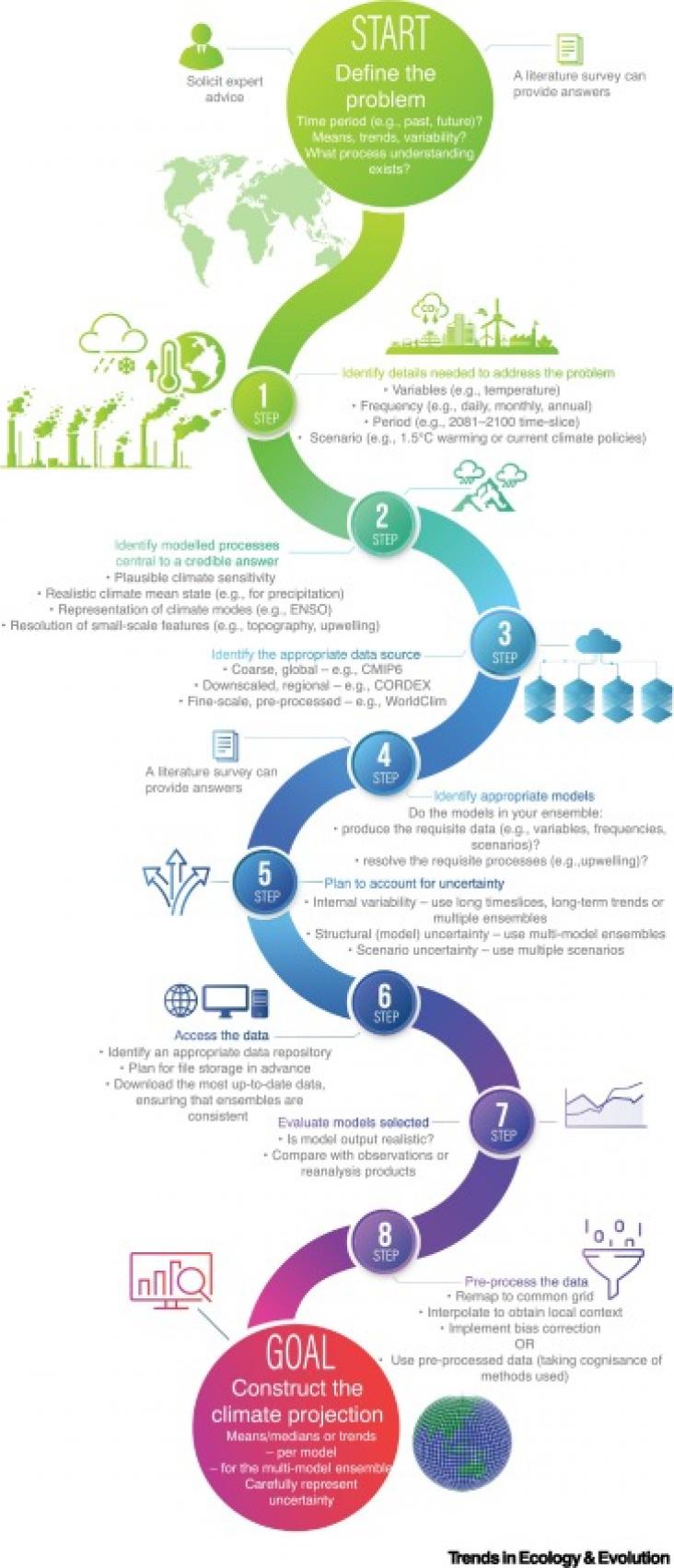Conserve and sustainably use the oceans, seas and marine resources for sustainable development
This study supports SDGs 3, 6, and 14 by highlighting the importance of freshwater biodiversity for human and planetary health, and suggesting that local and regional efforts for monitoring and improving ecosystem health are essential for reversing the current crisis in this area.
The annual UN Climate Change Conference advances climate talks, mobilizes action, and can provide a significant opportunity to look at the impacts of climate change as well as innovation and solutions globally. Elsevier is pleased to highlight a large number of freely accessible journal articles and book chapters to help advance research and action against climate change, in support of COP28.
Elsevier,
Comparative Biochemistry and Physiology -Part A : Molecular and Integrative Physiology, Volume 284, October 2023
This article advances SDG # 14 by investigating the impact aerobic swimming exercise in fish has on improving robustness of some species and the importance of establishing suitable rearing conditions to improve the welfare of cultured fish.

World Animal Day exists to raise the status of animals and improve welfare standards around the globe.
It’s a day of celebration for animal lovers everywhere.
This chapter advances UN SDG goals 13 and 12 by addressing technologies that advance the detection of spills and protect marine ecology / environments as well as human health.
This study provides an overview of the species N. Nandus, along with all currently available information on the species.
UN's Summit of the Future 2024: Paving the Path for SDG Resources
The authors analyse global patterns of green water fluxes (key for sustaining crops) and blue water fluxes (water that sustains aquatic ecosystems). They show that green fluxes are beginning to dominate, elevating blue water vulnerability.

This health policy supports SDG 13 as it proposes a framework to tackle the emergence, transmission, and dispersion of climate-induced disease infectious disease

To plan for an uncertain future, life scientists are often required to use the output from climate models to develop recommendations for policy. The authors explain best practice for use of these models, this research supports SDG 2, 13, 14 and 15.
